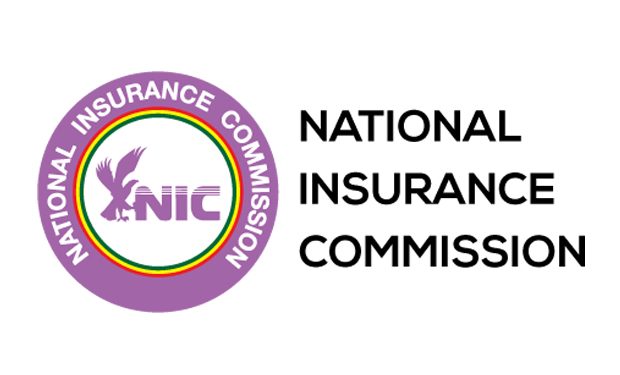46% of Ghanaians believe insurance companies care more about money than helping policyholders
A sizeable number of the Ghanaian population (46.2%) hold the view that insurance companies in the country care more about monies paid to them in the form of premiums than actually helping insurance policyholders who have subscribed to one insurance product or the other.
Aside those who hold the view that insurance companies care more about money than policyholders, another 43.7% believe insurance companies will always delay or make it difficult for their clients to make claims.
The above findings is contained in a third-round survey conducted by the National Insurance Commission (NIC) in all 16 regions of the country on the public’s perception, awareness and confidence in insurance companies and products.
Per the report, most Ghanaians view their insurance providers with ambivalence (doubt), with the overriding perception of insurance companies being that, they are very needed but not liked, relied on but not trusted – this probably is a major reason for the low penetration of insurance in the country.
The survey further reveals that, 34% of the respondents surveyed find insurance products unappealing.
Also, six percent (6%) of the respondents had never heard about any insurance product or company at all.
The Insurance Perception Index (IPI) as measured by the NIC in its report, declined by four percentage points from 57.04% (0.5704) in 2020 to 53.08% (0.5308) in 2021.
The current study revealed that, knowledge index is 0.5132 which is lower compared to the 2020 average knowledge index of 0. 5392 – a 2.6% change. Further, males (0.5296) scored a higher knowledge index than females (0.4874).
The average perception attitude index was determined to be 0.5308, about four percentage points lower than the 2020 estimate 0.5704. In this instance, current clients (0.5502) had a more positive view of insurance than previous clients (0.5292) and non-clients (0.5175).
More importantly, the average confidence index was 0.5813, which is higher than the 2020 estimate (0.5666) by 1.5 percentage points. Current client, previous client and non-client were indexed at 0.6367, 0.5596 and 0.5572 respectively.
In terms of locality, the index scores were: Urban (0.6075), Peri-Urban (0.5573) and Rural (0.5758). Per the report, amidst a difficult year, the various intentions targeted at enhancing public perception, awareness and confidence of insurance in Ghana has yielded positive results.
Sample Size and Geographical Spread
The sample size used for this study was 1613. The quota sampling approach was used to select the various samples by region based on a logical stratification process by ratio or population size of the region.
Similarly, the quota sampling approach was used to stratify the population in the urban, peri-urban, and rural samples, based on the active (18-65) population density of all 16 regions of Ghana.
The age range of 18-65 was considered for the study, however, the statistical definition of active population (15-65) was used to calculate the sample size.
Insurance holders were assigned a quota of 40% of the entire distribution, previous insurance holders were also assigned a 35% quota and non-policy holders were assigned a quota of 25%.









